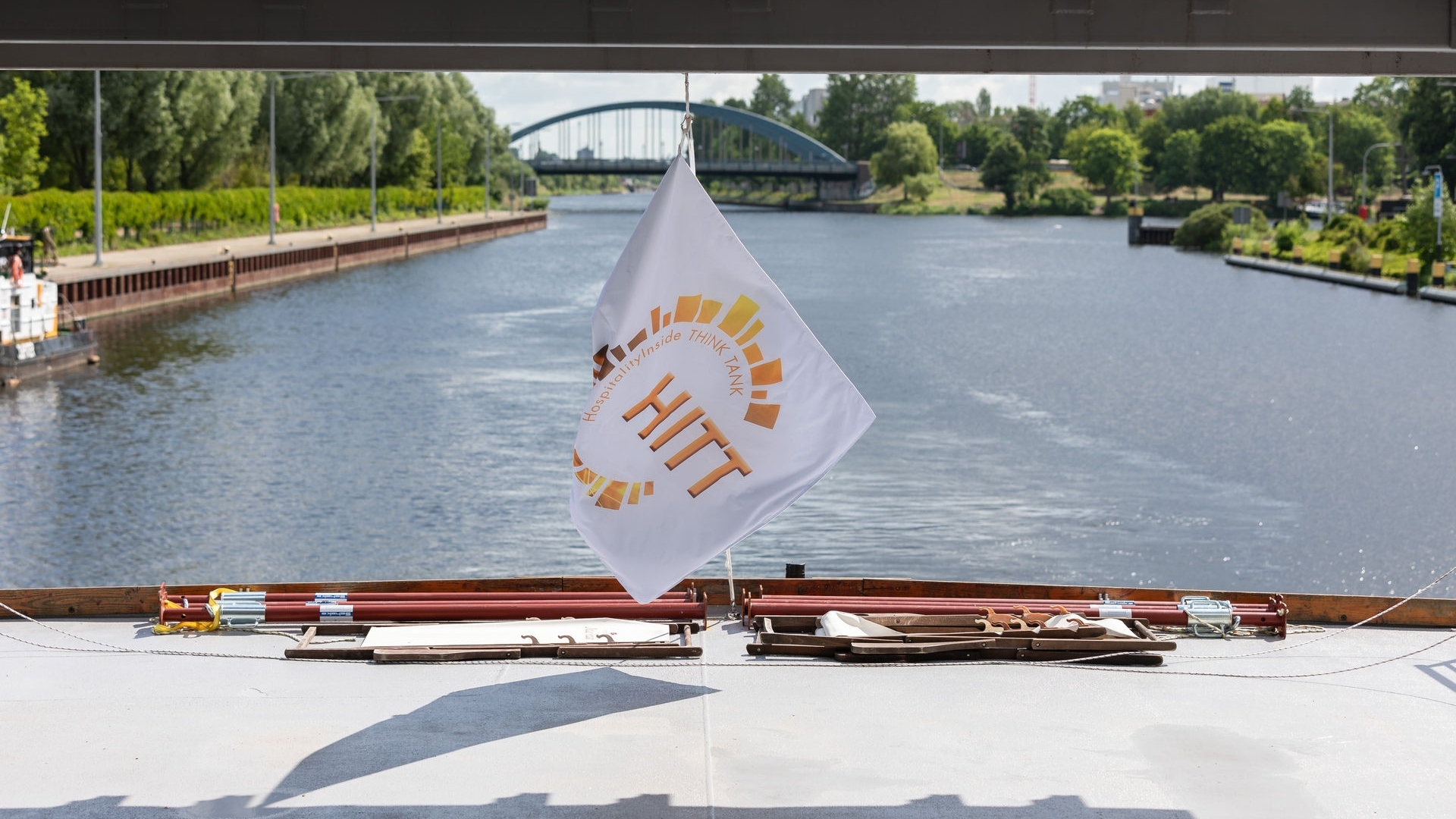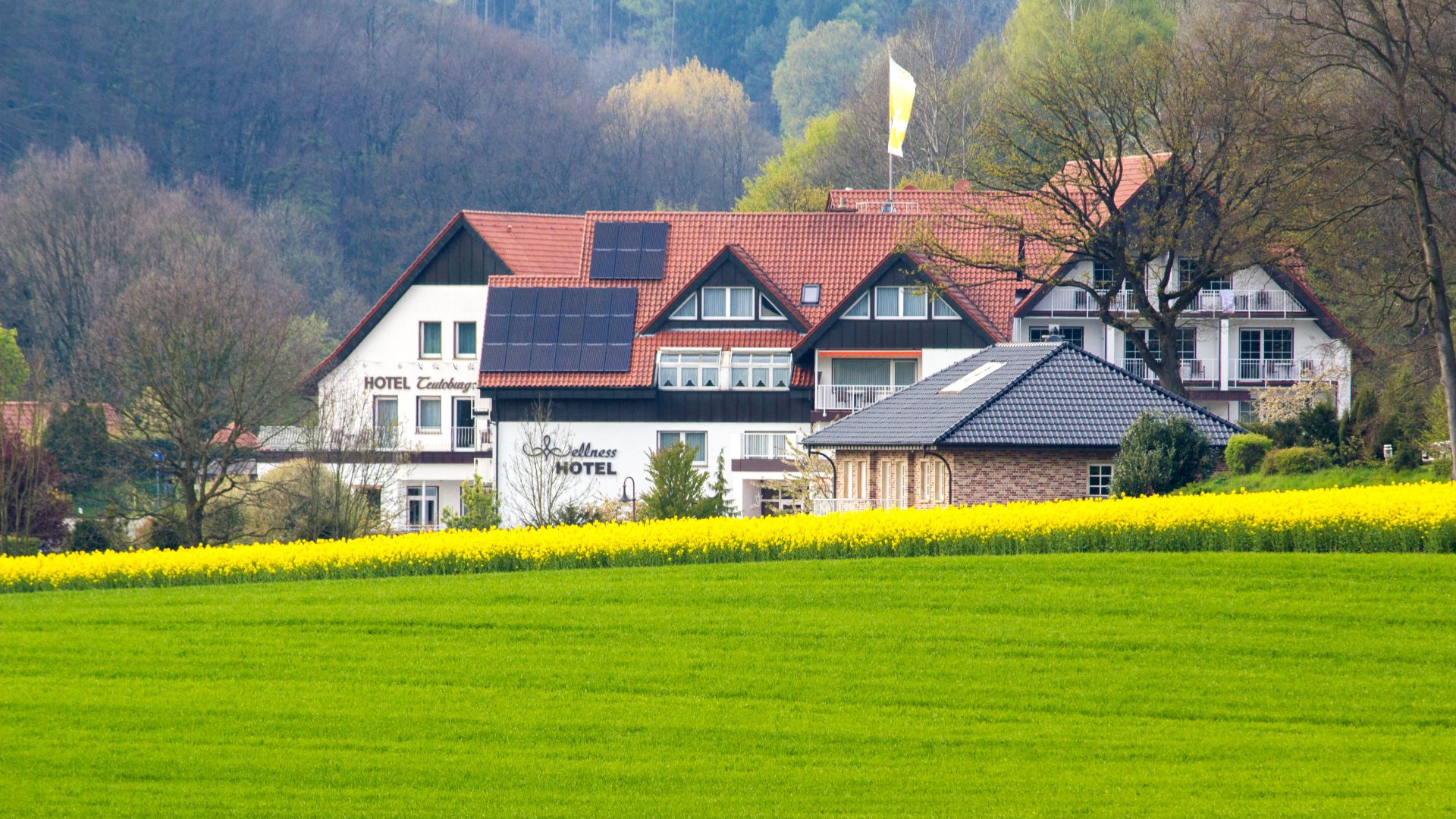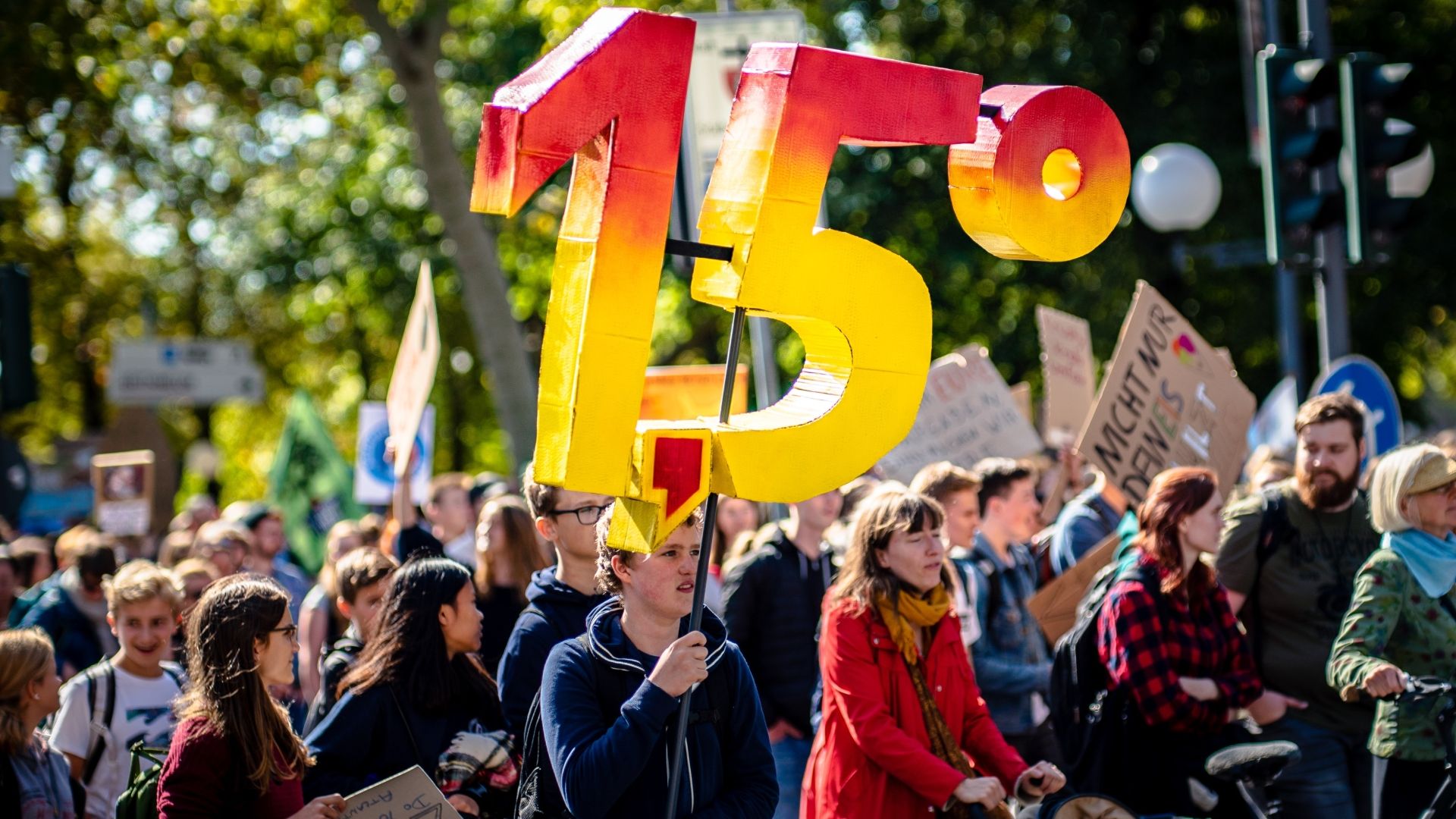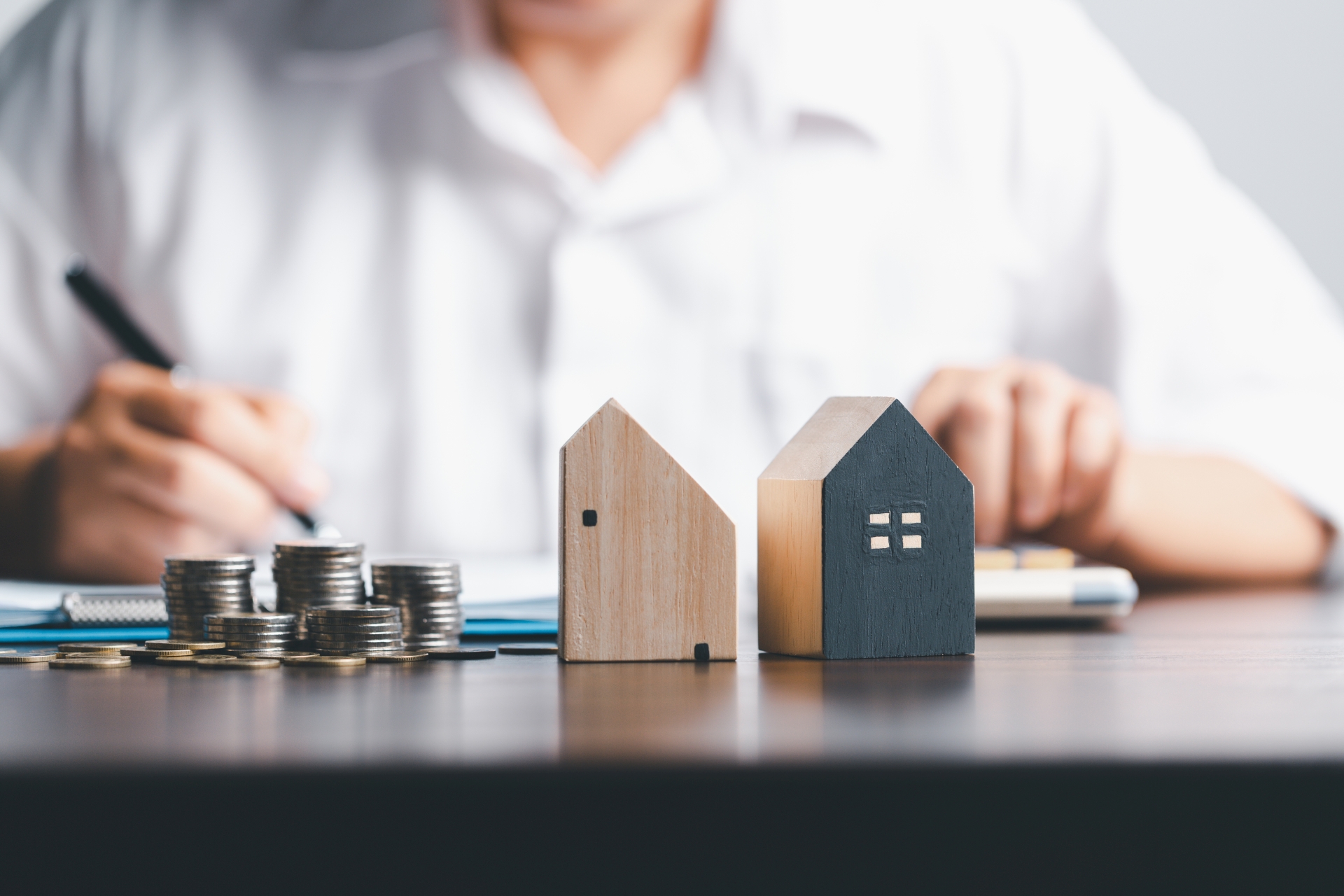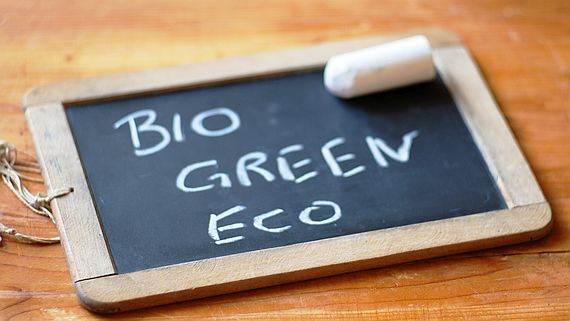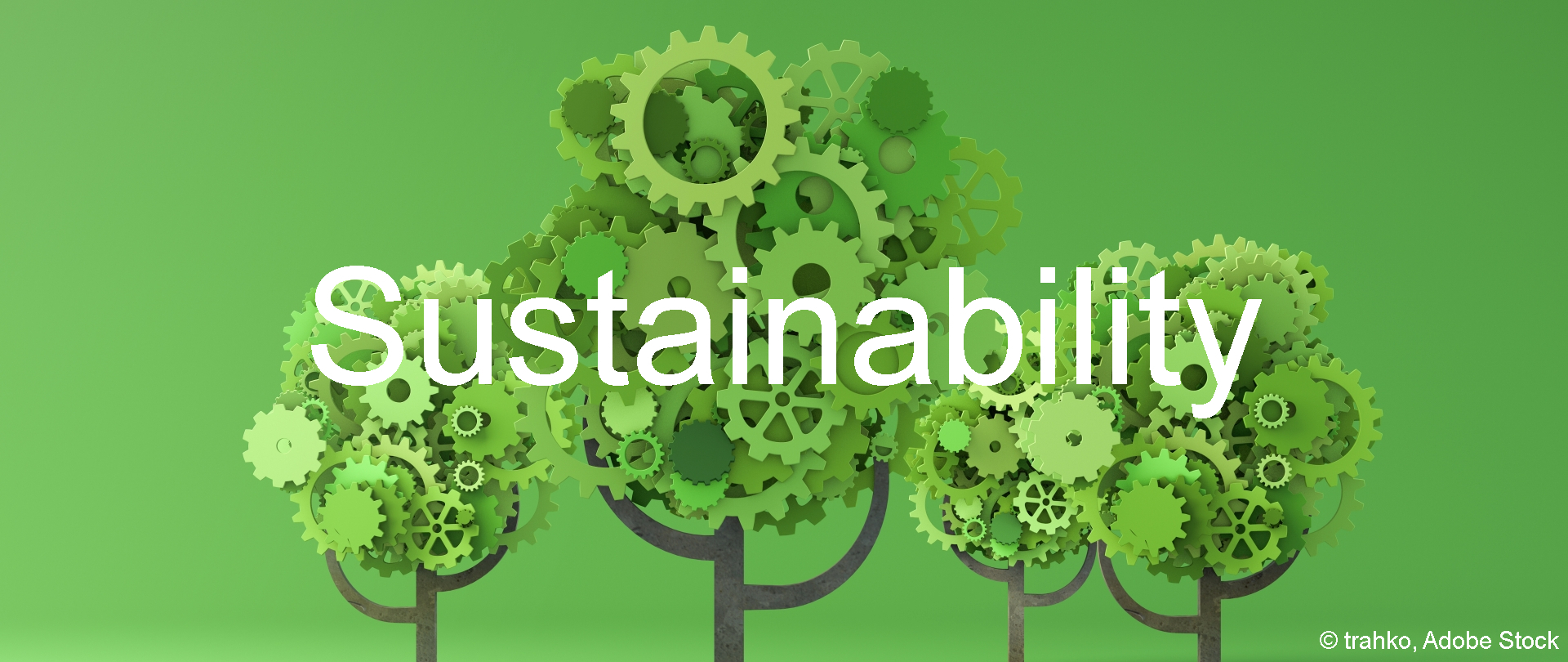
News & Stories
There have always been economic crises in waves. Now, an experienced scientist predicts the entire world that states will go bankrupt within ten years if no immediate action is taken on climate change and the global economic situation.
a&o has published its first sustainability report. In 2025, they want to be the first emission-free hostel chain in Europe. The report will be published annually in the future.
The hotel industry is not even perceived by politicians and other industries, let alone taken seriously. As we move towards a more sustainable world, in which the sector plays a major role, such disdain is felt with all the more force. The 6th HITT Think Tank concluded last week in Berlin with a discussion about teamwork and cross-border collaboration - and commitment.
Best practice concerning sustainability: The privately managed Ringhotel Teutoburger Wald in northern Germany has become nearly entirely self-sufficient when it comes to energy. Through a mixture of photovoltaic, combined heat and power plants, energy storage and intelligent load management, the energy savings alone are enormous. The owners Olaf and Rainer Kerssen know all the details.
The effects of the pandemic contributed to the EU achieving its 2020 climate and energy targets, especially the one on energy efficiency. Reporting on the climate and energy performance of the EU and its member states lacks transparency, which makes it difficult to learn lessons.
The current uncertainty in the market environment is making investors more cautious. However, according to a recent survey, they expect returns to remain robust, as not only financing costs but also rents are likely to rise. In these hesitant times, ESG becomes the decisive investment criterion...
Three out of four business travellers in Germany often forgo flights and prefer to take the train, according to a new study. Business travellers are raising their own standards.
The German business travel market is recovering significantly but has changed. While day trips are decreasing, stays for trips of several days are getting longer. Hotels are also benefiting from this. Positive: The larger companies have allowed twice as many business trips as in the previous year.
Brussels. The EU Parliament passed a stricter Corporate Sustainability Due Diligence Directive yesterday, 1 June 2023, with an unexpectedly large majority. It requires stricter due diligence obligations for companies in the EU - and even for smaller companies than previously expected.
Vienna. Austria's tourism experts always keep an eye on their SMEs – and also promote them in terms of sustainability. “Green" labels currently rain down on this segment. However, this breeze is not refreshing, as the EU activities in particular resemble a diaphoretic jungle and overlap considerably with national eco-labels. A number of hotels provide encouraging examples to follow. Yet how much they actually contribute to the reduction of CO2 remains unknown.


